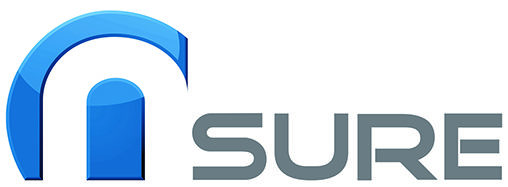
Discretionary Trusts
Discretionary Trusts are used for a variety of reasons, they are often accompanied by an expression of wishes that guides the trustees on how the testator would like the assets to be used. Sometimes Discretionary Trusts are put in place to look after funds until the beneficiaries reach a certain age or to cover certain costs such as education or funding a house purchase. They can be used due to the lifestyle choices of the beneficiaries who the testator may believe is not responsible or capable enough to manage the assets themselves. They are also sometimes used to ensure that as much of the Trust Fund stays within the family as possible- for example they may be used in situations where the beneficiary’s marriage is unlikely to last and to avoid sideways disinheritance. For the Trust to be discretionary there has to be more than one potential beneficiary which may include grandchildren or even a charity. Discretionary Trusts typically have an end date of 125 years after the testator’s death.
Tax Implications
There are Tax implications in using a Discretionary Trust if the value of the Trust exceeds the Inheritance Tax threshold (currently £325,000). If this threshold is exceeded there will be an Inheritance Tax charge when the Trust is set up. There will also be an Inheritance Tax charge every ten years thereafter, then whenever a payment is made from the Trust. Income tax is charged at 37.5% on dividend income and at 45% on all other income. The Trustees, on behalf of the Trust will pay Capital Gains Tax for disposals of residential property at 28% and 20% for other disposals with the Trustees only being entitled to one half of the individual annual exemptions.

